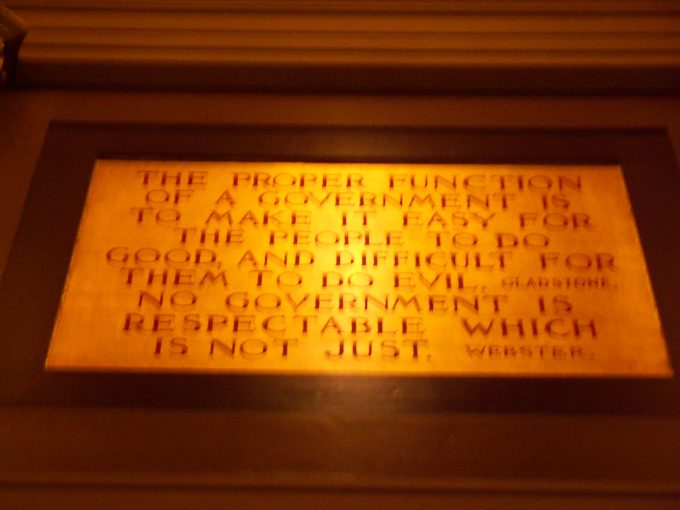
Monday, 3 July 2017
For you remember, brethren, our labor and toil; for laboring night and day, that we might not be a burden to any of you, we preached to you the gospel of God. 1 Thessalonians 2:9
“For you remember, brethren” is Paul’s way of recalling what he is about to say to the minds of those in Thessalonica. As has been previously noted, he could not write these things if they were not true. When asking another to recall something that didn’t occur, a person only makes himself look foolish. But Paul’s words are true, and they are tied to what he just said about not only imparting the gospel, “but also our own lives.” He is expanding on that now by showing the extent of the labors he and those with him went through.
They exhausted themselves in “labor and toil.” This is how they imparted their lives. The labor is a description of the kind of work they engaged in, and the toil explains the intensity of it. They worked physically, and they did so heartily. They earned their own wages, and did not rely on the assistance of the newly established church.
He then notes that they were “laboring day and night.” Surely this included work such as Paul’s profession in tent-making, and it also included teaching of the gospel. They did these things all day and into the night for a specific reason which was, as he says, “that we might not be a burden to any of you.”
Their intent in this was to let them know of the sincerity of the message they brought. If they had come into town, shared a message of redemption, and then relied on those who followed them to support them, it might call into question the truth of the message, or at least the truth of their sincerity concerning the message. But by laboring in order to meet their own needs, Paul demonstrates that they they were wholly sincere about the words of the message, and their devotion to those words.
In saying that “we preached to you the gospel of God” without being a burden, he is calling all this to their minds. In doing this now in the letter, he is once again establishing in their hearts and minds the sincerity of their actions then, and asking them to believe in the sincerity of the words of the epistle now. Why would they be so sincere in person, and then make up a false message while absent? There would be no profit in it, and so his recalling their former conduct is solidifying their truthfulness now as well.
Life application: Once you present yourself in an insincere manner to someone, it will be long remembered. There will always be a question in the back of that person’s mind about whether you can be trusted now or not. By demonstrating an honest, hard-working, and sincere attitude at all times, you are able to establish yourself in a positive way in all of your future dealings with others. By recalling your actions of the past for them to remember, you give them a baseline by which they can continue to go forward while trusting you.
Heavenly Father, help us to be people of integrity that will never bring a stain upon Your name through acting dishonestly, or through a lazy or uncaring attitude. Once such an attitude is evident, it will always be remembered. Trust is a hard thing to obtain, and it is a harder thing to get back once it is lost. And so be with us as we interact with others. May they see our actions in a positive light, and be willing to search You out because of it. Amen.
